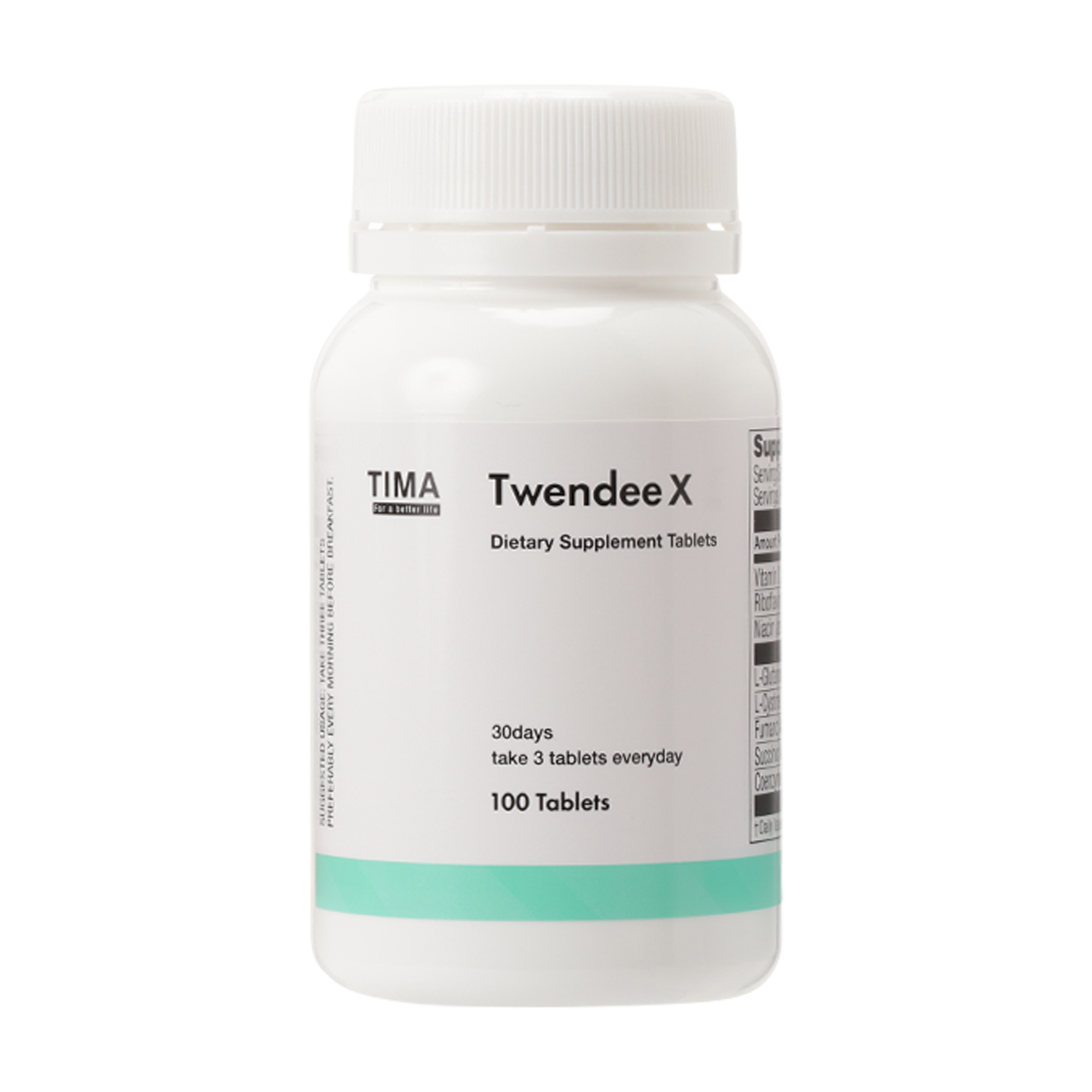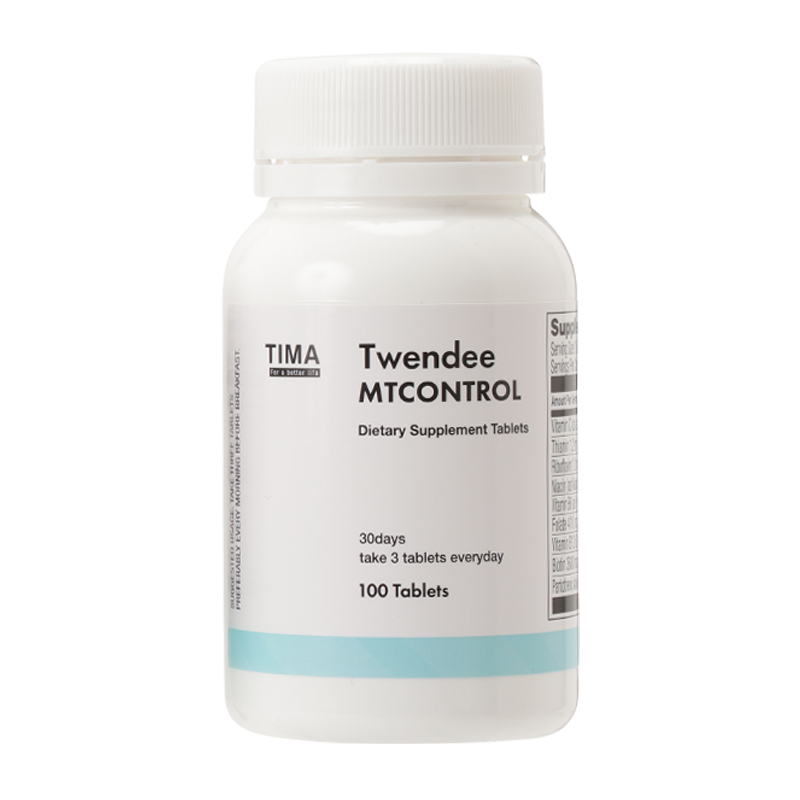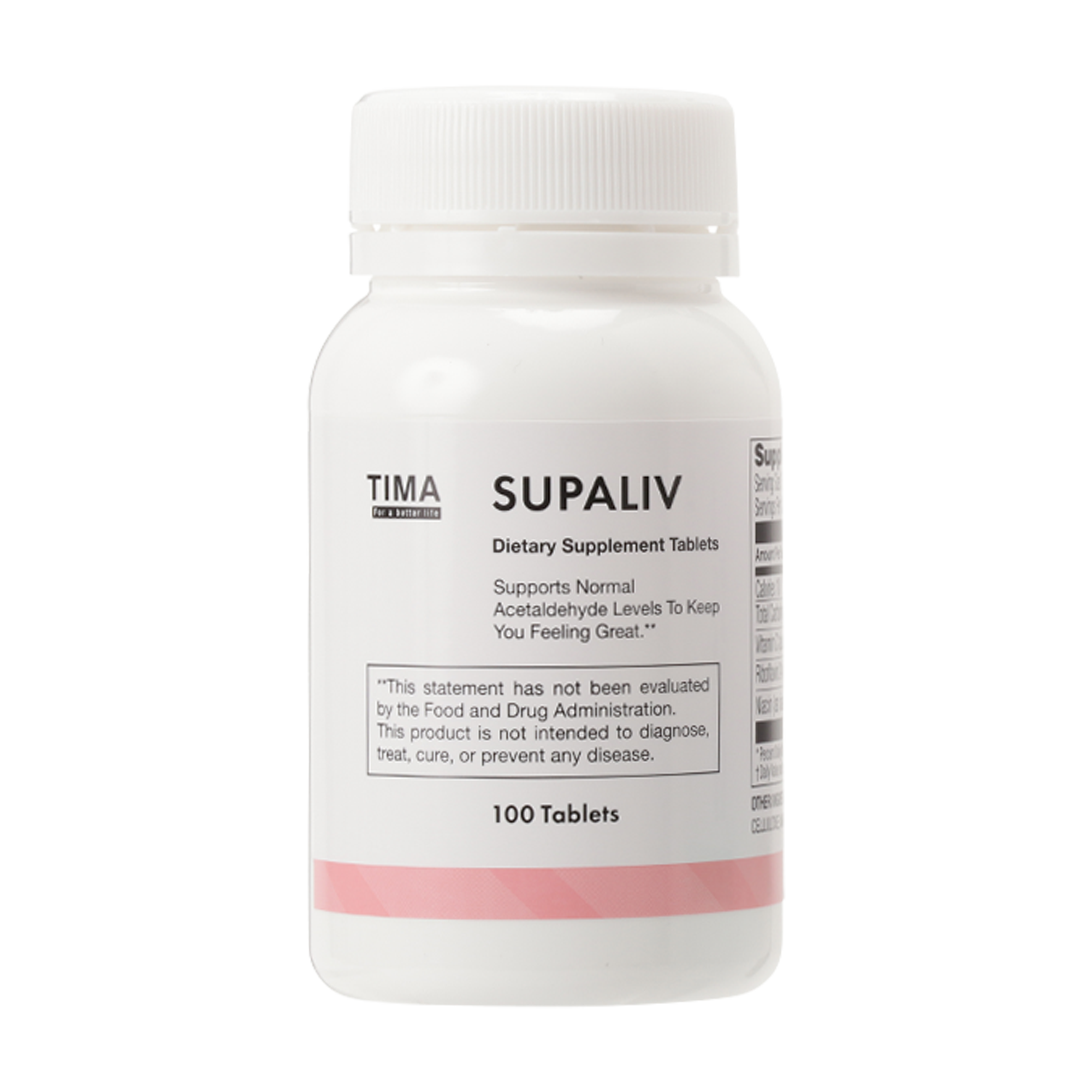Thesis on Oxidative Stress and "gastric ulcer"
- Paper title
- Hydroxyl radical is the major causative factor in stress-induced gastric ulceration.
- Abstract summary
- Stress-induced gastric ulceration is a consequence of the oxidative damage of the gastric mucosa.
- Authors
- D Das, D Bandyopadhyay, M Bhattacharjee, R K Banerjee
- Journal
- Free radical biology & medicine
- Semantic Scholar URL
- https://semanticscholar.org/paper/e74d0918c5c73cec380e146a31d35cda564da448
- Abstract
-
The role of the metal-catalyzed production of hydroxyl radicals (OH.) on gastric ulceration caused by restraint-cold stress in rat was studied. Stress causes a 50% increase in the thiobarbituric acid reactive species (TBARS) as a measure of the lipid peroxidation, nearly 70% increase in protein oxidation as measured by its carbonyl content and about 40% decrease in the glutathione content of the fundic stomach, suggesting oxidative damage by stress.
Stress also causes a time-dependent increase in the mitochondrial superoxide dismutase activity and a decrease in the peroxidase activity, both of which correlate well with the increase in the severity of ulceration as measured by the ulcer index. Specific OH. scavengers such as benzoate or dimethylsulfoxide (DMSO) and the free radical trap such as alpha-phenyl N-tert-butyl nitrone (PBN) significantly inhibit gastric ulceration suggesting the role of OH. in this oxidative damage.
Desferrioxamine (DFO), a nontoxic transition metal ion chelator, protects the mucosa against stress-ulceration dose dependently. Increased level of TBARS and the inactivation of gastric peroxidase are also prevented by DFO or by antioxidants such as glutathione or vitamin E, suggesting the critical role of metal ion and OH. in the oxidative damage.
A metal-catalyzed OH. generating system constituted by Cu2+, H2O2 and ascorbate (reducing equivalent of O2-) causes inactivation of the purified gastric peroxidase in vitro, which can be effectively prevented by DFO.
The stress-induced activation of the superoxide dismutase is completely blocked by pretreatment with alpha-amanitin indicating an increased synthesis of the enzyme by increased transcription of its m-RNA. Quantitative measurement indicates that stress causes a fivefold increase in the generation of OH. , which correlates well with the increase in ulcer index with the progress of stress.
The results indicate that the stress-induced gastric ulceration is a consequence of the oxidative damage of the gastric mucosa. This is caused by the OH. generated through the metal-catalyzed Haber-Weiss reaction between O2- and H2O2, the latter being formed by the stimulation of the superoxide dismutase and inactivation of the gastric peroxidase.








